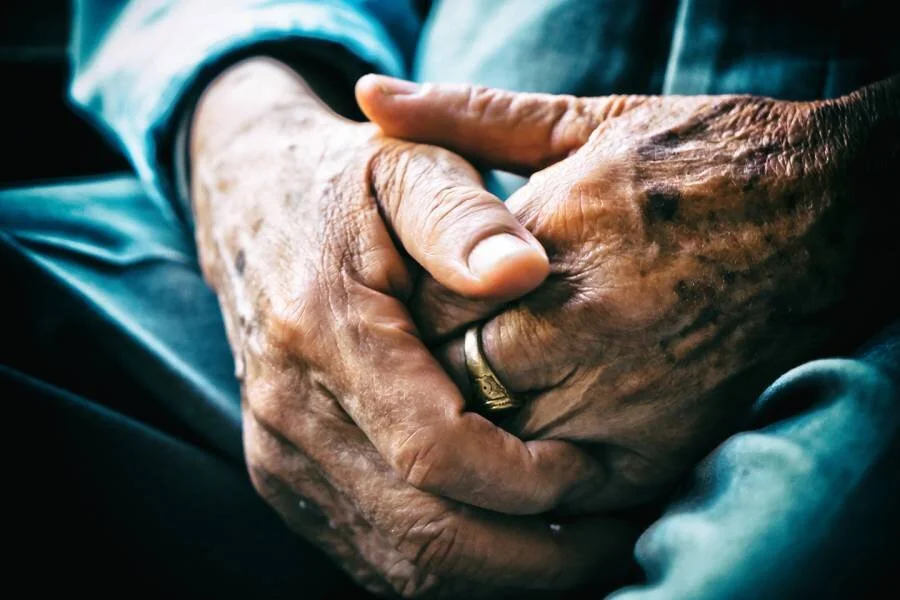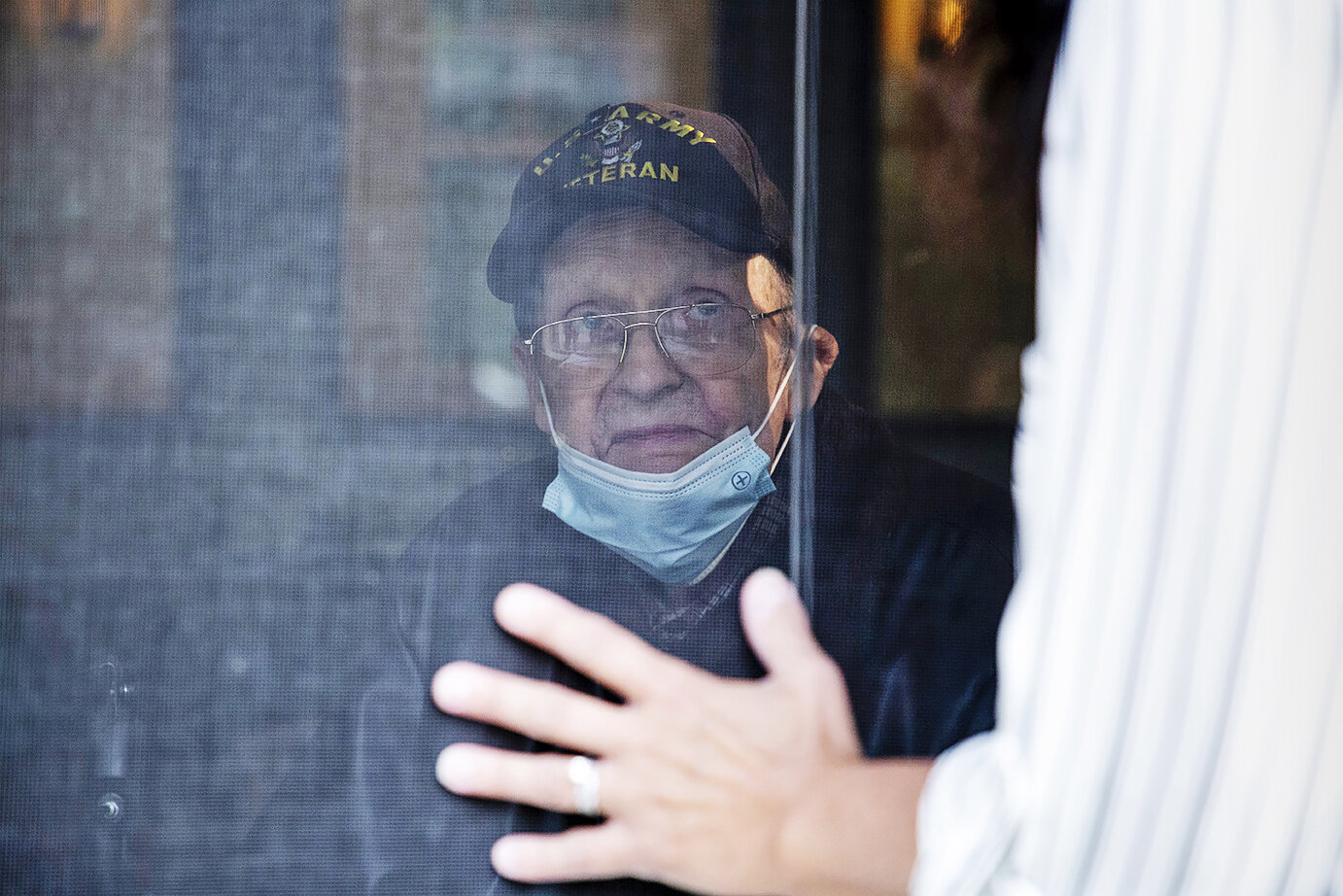Elders and COVID-19
Among the consensus related to the COVID-19 pandemic is that older adults are by far the most vulnerable population group - Professor Martine Surprenant shared her point of view about the elderly’s attitude and compliances toward preventive measures installed to prevent the spread of COVID-19. Professor Suprenant is a full-time social worker at Ottawa Hospital's General Campus and a part-time professor at the University of Ottawa who has been the lead for the social service work program in gerontology at La Cité Collégiale. She is also in charge of many gerontology courses given at the University of Ottawa where she shares both theoretical and practical knowledge related to gerontology with her students at various levels.
“We all know that the COVID-19 pandemic has, unfortunately, forced the government to enact drastic health measures in order to minimize the impact of such disease, including social distancing. Given the rate of mortality among elderly people and the role of the government to protect everyone, it was most reasonable to expect the elderly people to be more willing to isolate and comply with these preventives measures in comparison to their younger fellow citizens,” said Professor Surprenant.
Although the government assumed that underlying conditions to which the older people are prone to make them more susceptible to the COVID-19 disease, studies have demonstrated that the production of immune cells such as B cells and T cells decreases with time which may lead to a failure in attempting to neutralize the COVID-19 virus and thus make the older adults more susceptible to many infectious diseases. We all agree that these measures have been implemented to protect older adults, but one year into the pandemic lead to more severe complications among this population. Given the scale and magnitude of the pandemic, there were concerns among the older adults about disruptions to their daily routine, difficulty in adapting to technologies and concerns that isolation would exacerbate mental health conditions.
As long-term lockdown measures were implemented, social isolation, social distancing and loneliness began to have a negative mental health effect on the majority of the elderly with most of them started worrying about their relationships with their family members or friends. As a consequence, most older adults have lost confidence in leaving their homes or seeing their families, especially those reaching the end of their life. While public health recommends that older adults limit non-essential trips into the community and maintain social distancing, we observed a reduced level of physical activity which negatively affected older adult’s physical health and especially those with chronic disease.
Despite the emergence of technology to help them maintain social connection, as well as having access to mental health and other services that can help them finding strength and balance exercises, they can do at home, many older adults do not have the resources required to deal with the stress of the COVID-19, including material, cognitive and social leading to higher resilience to both mental and physical health services said, Professor Martine.
Professor Martine concluded by saying that the quarantine brought radical changes in the lifestyle of the elderly people by reducing social interaction, participation in religious or spiritual activities or even physical group. This new lifestyle is negatively affecting the mental and physical health of the elderly population, and so it is important to encourage this population to ask for help around them so that they can have access and benefit from the services and resources to stay healthy and active during the coronavirus disease pandemic.


